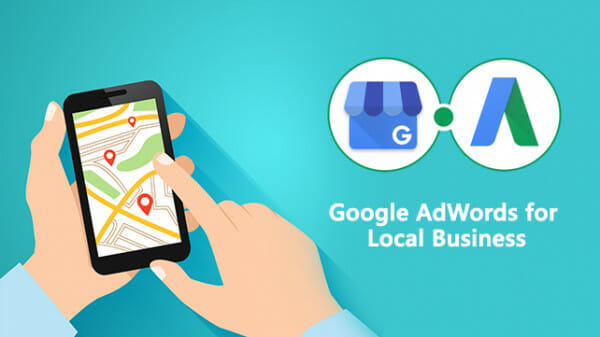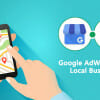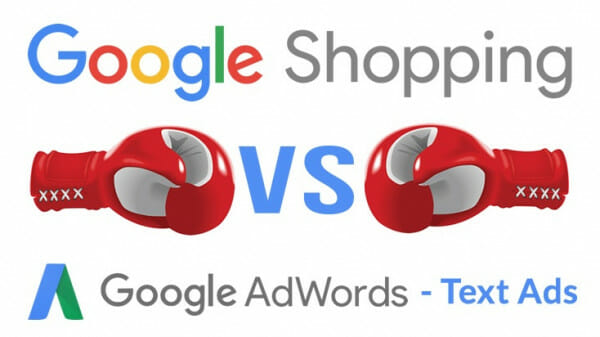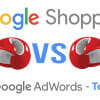Perhaps the biggest winner in the shift of advertising dollars online has been Google, the search giant with a market cap of somewhere in the neighborhood of $350-$400 billion. The biggest driver of Google’s revenue is their Google AdWords program, through which businesses of all sizes can bid on ad placements in the search results for keywords related to their services. The AdWords program has been enormously successful because of its ability to target exactly the people actively searching for specific products or services, ensuring great direct response results when compared to traditional media buys through TV, radio, or print.
With personal computers, smartphones, and constant internet access becoming ingrained into the fabric of our everyday lives, the ways in which businesses reach out to consumers with their messaging has undergone a paradigm shift. As the Leeds PPC agency, Harrison Mann, summarizes it, “Advertising and media buy through your ad agency used to be pretty much everything. Today, it is one of seemingly a million different options for reaching potential customers – which makes it even more complicated to decide how best to spend your marketing dollars.”
However, despite the capability of AdWords to be a highly efficient platform, in reality, it can be incredibly inefficient if not configured correctly. With that in mind, here are 3 very common AdWords mistakes to avoid that regularly cost organizations thousands and thousands of dollars over time:
- Opting into the Display Network: When most people think of Google AdWords, they think of the text ads that display in Google search results for various keywords. Those ads are all part of the Google Search network ecosystem. However, there are millions of independent websites that monetize their domains by displaying Google ads in their pages through the AdSense program. If you opt into the Display network, if Google deems that a 3rd party webpage is relevant to the keywords or other targeting settings you are using, your text ads could show up on a web page that has little to nothing to do with your service. Given that these 3rd party website owners split a portion of the click proceeds with Google, they will often use deception to trick visitors into clicking on ads in their content. As an advertiser, this can result in a very high percentage of poorly targeted and non-converting clicks. *Note: the Display network can be very effective if configured correctly, but non-advanced AdWords users should usually opt out for better performance.
- Using Broad Match Keyword Targeting: Google has several different keyword targeting settings, including “broad” match, “phrase match”, and “exact match”. In a nutshell, “exact match” means the keyword phrase entered into Google must exactly match the term you are bidding on (word for word) in order for your ad to display. “Phrase match” means that the exact phrase you are bidding on must show up somewhere within the overall search query entered into Google (i.e. bidding on “car dealer San Francisco” could trigger an ad in the results of a search for “best-rated car dealer San Francisco”). “Broad” match essentially means that your ad can be displayed for any term that Google’s algorithm deems to be synonymous with the term you are bidding on. This can be problematic. One example would be a home window replacement contractor bidding on the phrase “window replacement.” On broad match settings, these can lead to their ad displaying for searches like “windshield replacement”, “Nissan driver’s side window repair” and other strictly auto glass-related terms that will result in clicks from consumers they can not serve.
- Too Many Keywords in a Single Ad Group: The number one factor in how Google ranks different advertisers for a given search term at any time is the “bid amount” or the amount of money each advertiser is willing to pay for one click from that term. However, another factor is the Quality Score assigned to each advertiser for an individual keyword. Quality Score is influenced by landing page relevance, and by ad relevance. All too often, advertisers will dump all of their target keywords into a single ad group, with all the ads pointing to the same page. With multiple service variations, its impossible to write a single ad that will be relevant to all of a business’s products and services. Therefore, it’s best to break things out into themes. For a dentist, it would make sense to have one ad group about “teeth cleaning,” another about “dental implants,” another about “teeth whitening” and so far. Then the individual ad groups can each have a modest number of keywords in them, all of which will be relevant to the ad copy, which will point to a web page on the advertiser’s site that is specifically about that service (i.e. “teeth whitening”, etc.)
According to Google investor relations, Google brought in over $50 billion through “advertising revenues”. With so many businesses involved in the AdWords program, you owe it to yourself to at least review your campaigns and make sure you’re not wasting budget every month by making any of these three basic mistakes.






